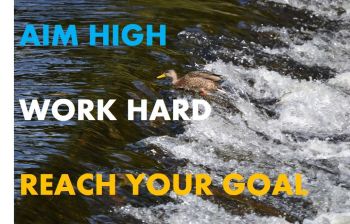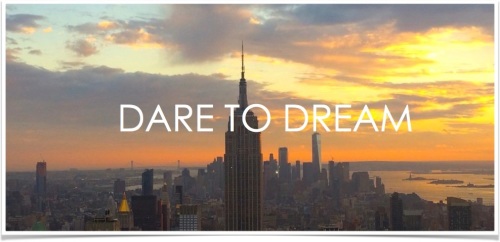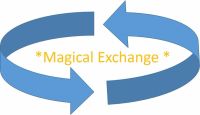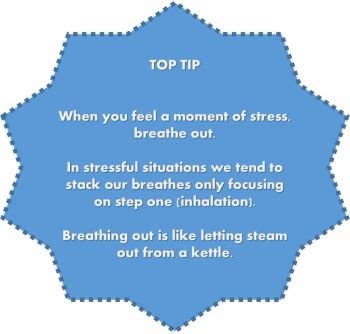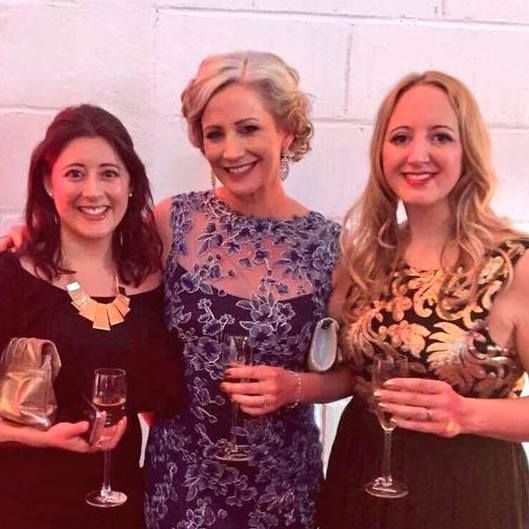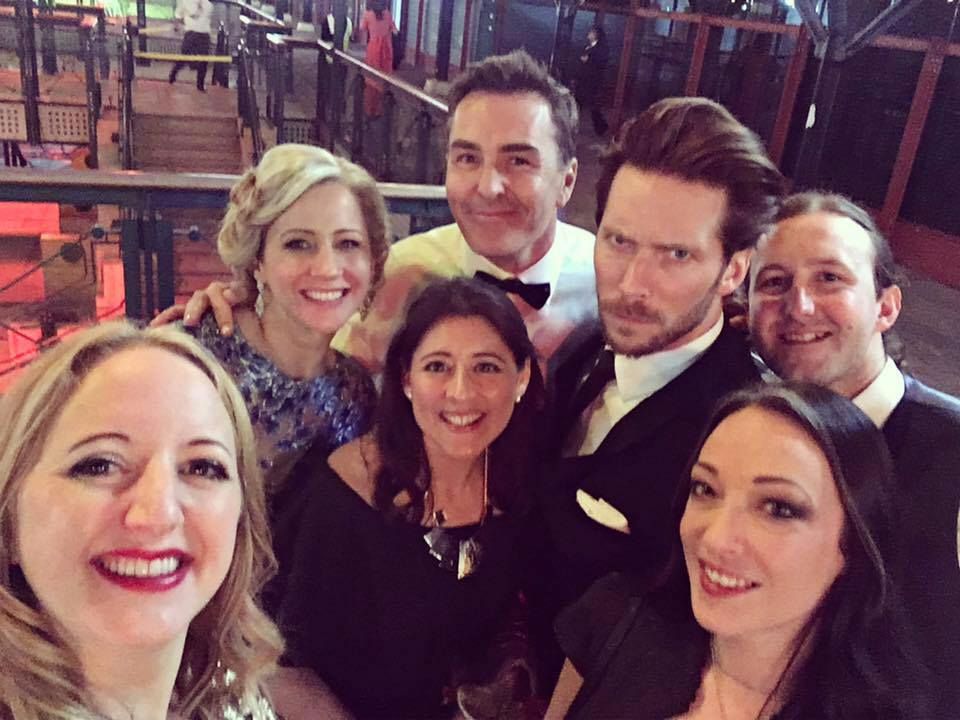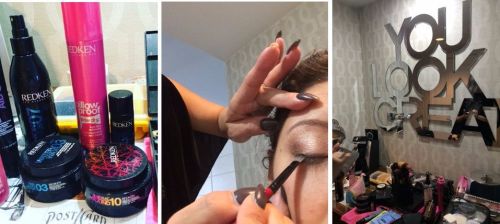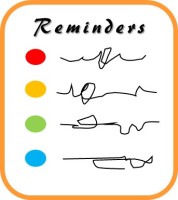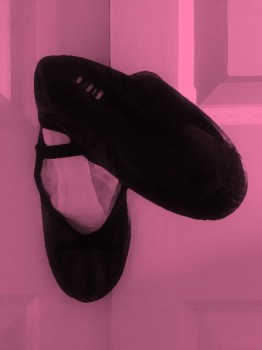Ahhh autumn and as the leaves begin to develop that deep orange/red, I headed back to uni. Now, it has been over 15 years since I stepped out onto those lovely cobbles at the Aldwych and I was very excited to be stepping on them once again. This time, I went back as a mentor to LSE students. While I am still trying to figure out where the past 15 years have got to (work, travel, work with travel, study and fun) I was very eager to see what these students are up to and offer them the benefits of my experience.
As I prepared for my mentoring sessions, I felt that a bit of a recap about what mentoring actually is and the benefits it can bring, would be a good idea:
Purpose of mentoring
What exactly is mentoring? A quick internet and dictionary search offers a wide range of explanations but I feel this one on Wikipedia sums it up rather well: “Mentorship is a personal developmental relationship in which a more experienced or more knowledgeable person helps to guide a less experienced or less knowledgeable person. The mentor may be older or younger, but have a certain area of expertise.”
 |
The key words that really stand out for me, are personal development and guide. I’ve been lucky enough to have some wonderful mentors that were just that: guides! Guiding me into realising where I wanted to take my vocal career or guiding me to find tools to build my confidence in certain business situations, mentors can really help and bring benefits to an individual willing to learn which all goes into your personal development. As award-winning voice over artist Jay Britton points out, mentoring helps with choices from an experienced standpoint: “Your role as the mentor is to guide the mentee down the path they have chosen and give them the tools they need to make their own decisions and choices from an informed position.” |
Mentoring is not a teacher-student relationship, it is more of a helping hand. “Mentoring is a collaborative process whereby you work with the mentee to help them achieve their aims in ways that work for them.” Very true, Jay.
And it’s not just about the benefits to one person; mentoring can actually benefit a whole team. As Hazel McCallum states from Moving on up coaching: “Mentoring is a very efficient way of transferring valuable skills, knowledge and competencies from one person to another and contributes to strong teams and staff retention.”
However mentoring is not just about transference of skills, it can be a safe place to share, a free place to discuss issues in a work-free independent context: “Mentoring offers safe advice, confidentiality and discussion with freedom wherever mentees are in their career” says Jenny Richards, CEO of Women in Games Jobs. And this applies to any areas of work: mentors can cover your career, your industry or even skill set that you are interested in working on.
So what would be the key principles for mentoring?
Time. Trust. Commitment. These three words came up time and time again when I talked to various people.
| Do you actually have the time? We all lead busy lives and mentors and mentees alike are working to deadlines no matter where they work. It needs acknowledgement on both parts from the start as to how much time will both dedicate to this relationship. |
 |
 |
Moving on to trust. “Trust is a huge one” says Jenny and one which I totally agree on. I recall an experience when I was assigned a mentor but realised my mentor knew some people I had worked with on a personal level. Hmmm, that could have been very awkward. Trust was crucial here. You both need to trust the other, both with advice given and sharing. |
Commitment – pretty clear. This takes time, energy and both sides need to actually commit. The mentor should be clear about the time and issues they can help with and the mentee to commit to working as well. It is a “two way street”, so both sides need to be involved. It’s not just about the X amount of hours you said you would do that week, but actually acknowledging that both of you need to make the conversation and relationship work.
Benefits of mentoring
For the mentee, not only can they access someone who can guide them and bounce ideas off of but also develop a greater understanding of themselves, their strengths and weaknesses. Hazel summarises it in this way: “Mentees report a wide range of benefits, ranging from adapting to a new role to a deeper self awareness and understanding of their own limitations and development needs and Mentors experience greater job satisfaction and personal development.”
In some cases, the mentor may help the mentee uncover something about them and help them overcome any obstacles. This relationship can, as Jenny says, “reach conclusions much more quickly and then you can act on them”. In a simple case, it may be that a mentee feels unconfident when dealing with a certain situation or not getting along with other staff. The mentor should quickly spot the issue and advise how best to remedy it.
Mentors can feel enjoyment or involvement at being there for someone junior to them, “To the mentor the payoff is simple, that warm fuzzy feeling you get when you see someone succeed and know you had a hand in it. If someone is mentoring, it usually means they enjoy transferring knowledge and helping people find their path. The chances are as well that they’ve also seen lots of people do the wrong things and fail and wished they’d have been able to help them so there’s also a “saviour” pay off there for the mentor” points out Jay. Many mentors, including Jay, have commented that: it’s about having someone there for them to help and guide. Not only that, but a mentor can learn about new ideas and see things from an experienced distance.
Many of us may have been lucky to have a mentor while studying but having one during your career development is perhaps even more important. An example of mentoring from student to graduate and beyond is the very successful Global Advisory and Mentoring Platform, now coming up to its first anniversary. Andrea Balestrino, an HEC graduate with CEMS, now at BCG in Italy said mentoring was very welcome, “When I was a student I highly appreciated people who devoted part of their time to answer my questions and give me advice about my future”. Andrea also has mentors who have influenced him when he was a student and after graduating. They have helped him to grow professionally and personally, and supported him in making difficult choices. He believes a trusted mentor is a key figure in one's career development.
How to be a good mentor/mentee
I have been lucky enough to have been mentored during my professional career and also have been a mentor. I have found it professionally rewarding and beneficial for many reasons. But what are the rules, codes or behaviours to be a good mentor or mentee? A lot will depend on personalities. “A huge amount is based around chemistry” says Jenny. Another key skill is to listen. The mentor must listen, in order to pick up on clues as to why the mentee may have an issue and offer real advice.
Mentors should always remain clear about the objectives. “A good mentor should constantly be adjusting the curriculum and content to fit the needs of the mentee.” Jay says, “To be a good mentor, you need to be focused on the aims of your mentee, not simply your aim of imparting a set amount of knowledge.”
The mentee on the other hand must also listen and take on-board that advice. As Jay points out, trust comes up again: “A good mentee….trusts their mentor and puts in to action the advice and knowledge they receive.”
Mentoring is something I believe in quite passionately. I’ve seen it really help my career and voice business. As Jay says, “By engaging with a mentor experienced in the field you are entering right off the bat. You are well-positioned to start out on your chosen path in the best possible way, without making careless mistakes.” Absolutely true.
When I returned to the LSE to run a number of mentoring sessions, I had a great time. The students came to the sessions with well-prepared questions, listened to my advice, and saw from the point of view of someone who has been there in those Econ B lectures, that you can makes your dreams come true!
